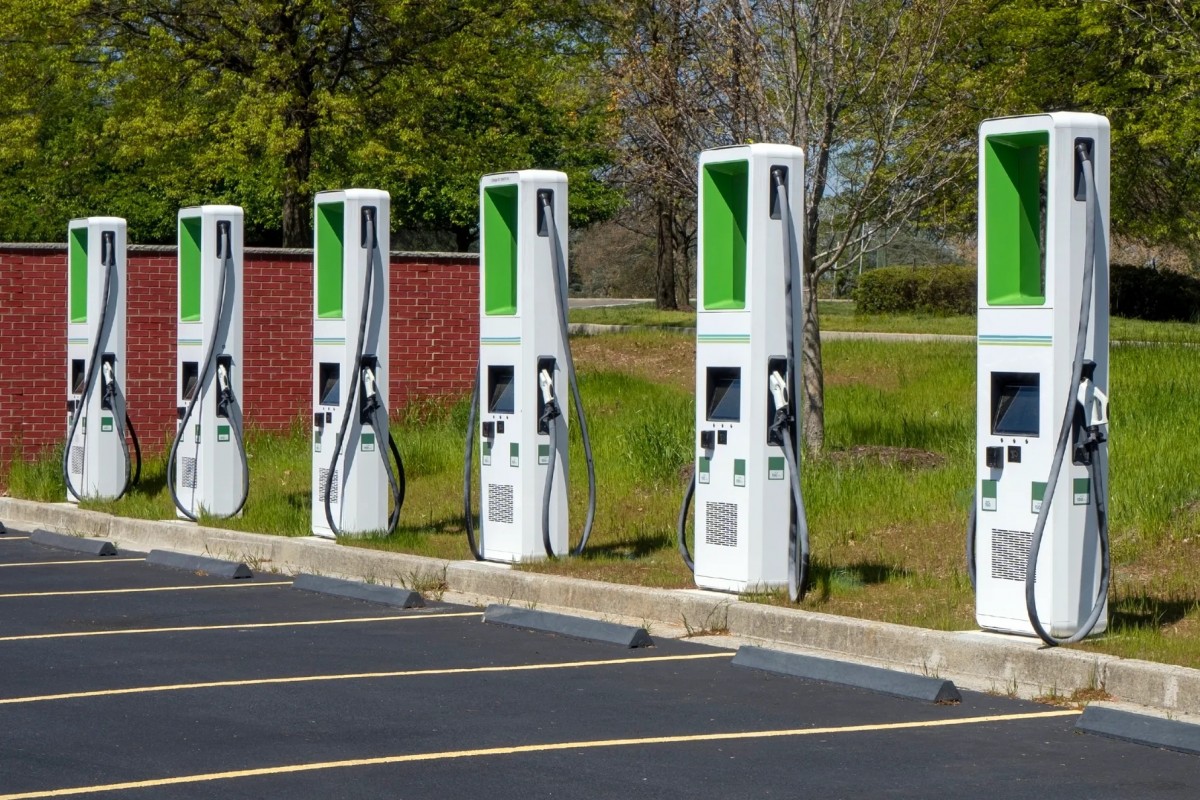

The Delhi government has set up a new policy document for charging plans for EVs. After completing a two-year EV policy, which the Delhi government introduced in 2020, it unveiled its EV charging plan on Monday. According to the plan, the biggest obstacle to the large-scale deployment of EVs is inadequate charging infrastructure.
The newly released document’s title reads ”Charging/Switching Infrastructure Action Plan For 2022-25′. As per the new plan, Delhi aims to have one public charging station for every 15 EVs by 2024. The charging stations will spread evenly across the city. Furthermore, these charging stations will be accessible within 3 km of travel anywhere from the city. The Delhi government’s EV charging plan will also include incentives for operators of battery swapping facilities.
The plan also states that if an electric vehicle is sold without a battery, up to 50 per cent of the incentive to purchase the battery will be given to the energy supplier. This ensures the end user does not have to pay a large security deposit. Car manufacturers recommend registering swappable models separately according to the plan. This is because the battery capacity can vary in the same model between swappable and non-swappable EVs. According to the document, this is because the incentive depends on the battery capacity.
Electric two- and three-wheelers account for the highest share of EVs in India. Thus, the government says battery replacement could be a viable solution for them. Being able to buy EVs without batteries will also greatly reduce their cost.
Delhi aims to be one of the most EV-friendly cities in the world. For this, a 1:15 ratio of chargers to EVs would require around 18,000 charging points to meet the demand for EVs in 2024.
CEO of EVI Technologies, Mr Rupesh, states that the cost of a battery is roughly 40 to 50 per cent of the total cost of an EV. Thus, battery replacement as a solution could be a key factor in accelerating EV sales in India. This will also isolate users from the risk of battery deterioration.
He also added that installing EV charging points in Delhi is hampered because of a number of factors. These include lack of awareness, the need to engage with multiple stakeholders, the cost of chargers and electrical connections and the lack of incentives. He also stated that it is difficult for consumers to find reliable chargers that are compatible with a wide range of vehicles.
Also Read: Audi has installed 100+ chargers across 60+ cities in India